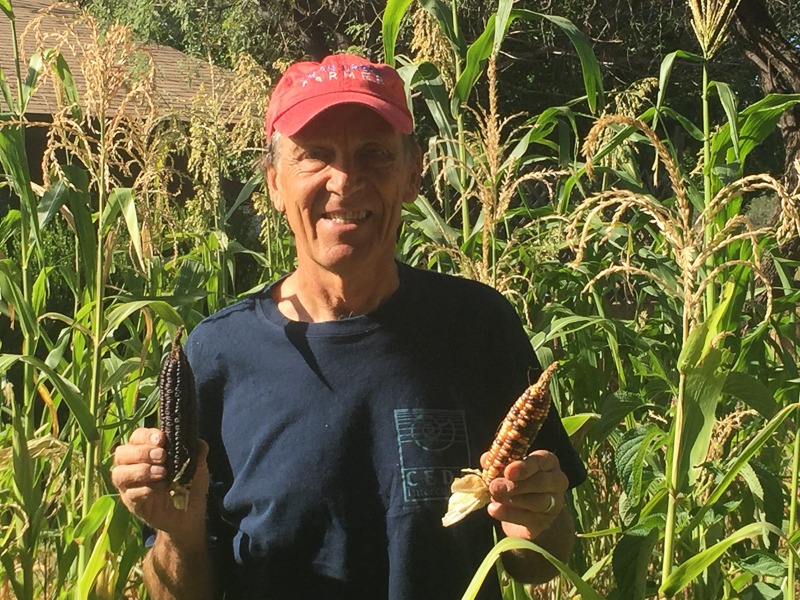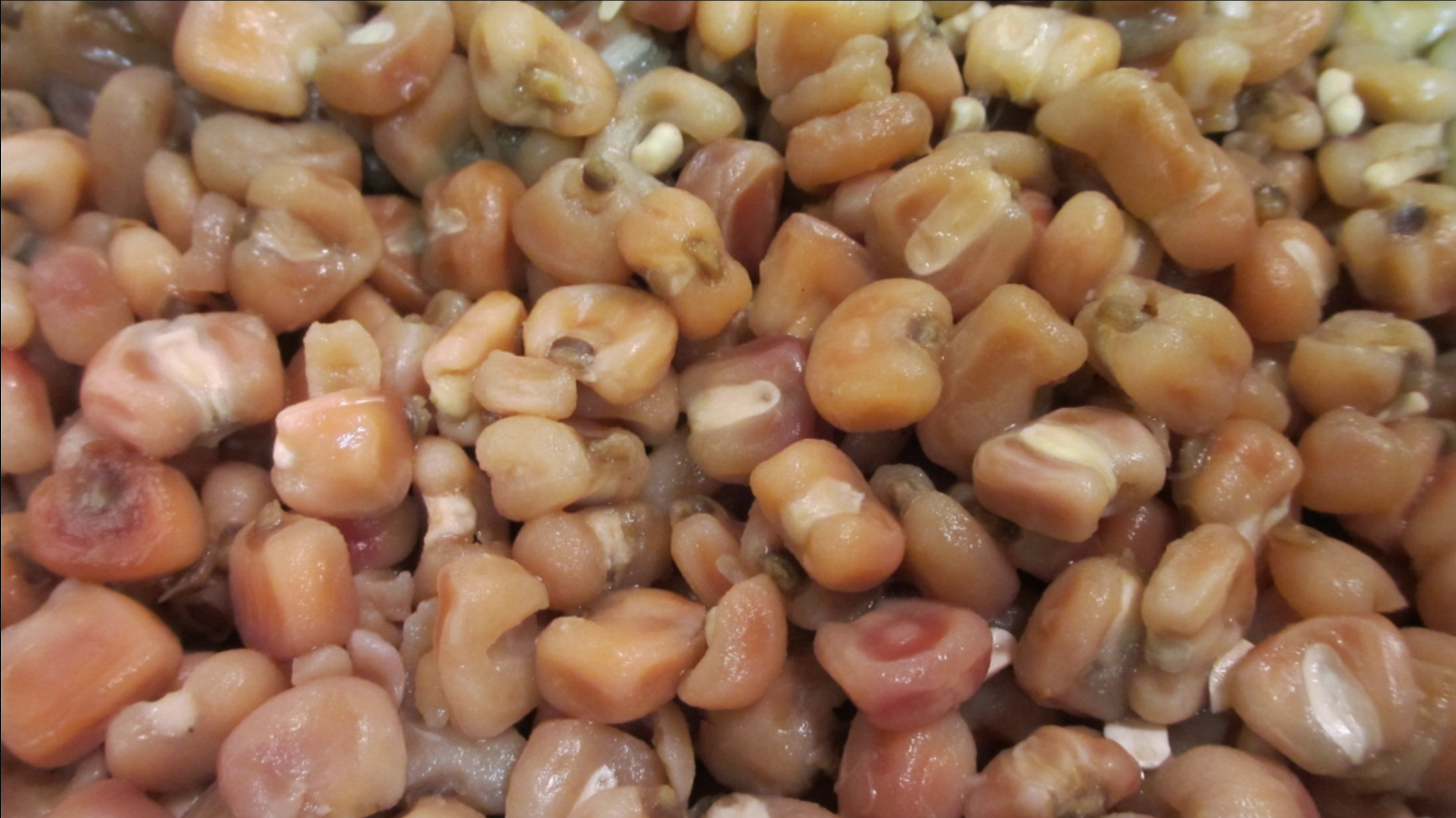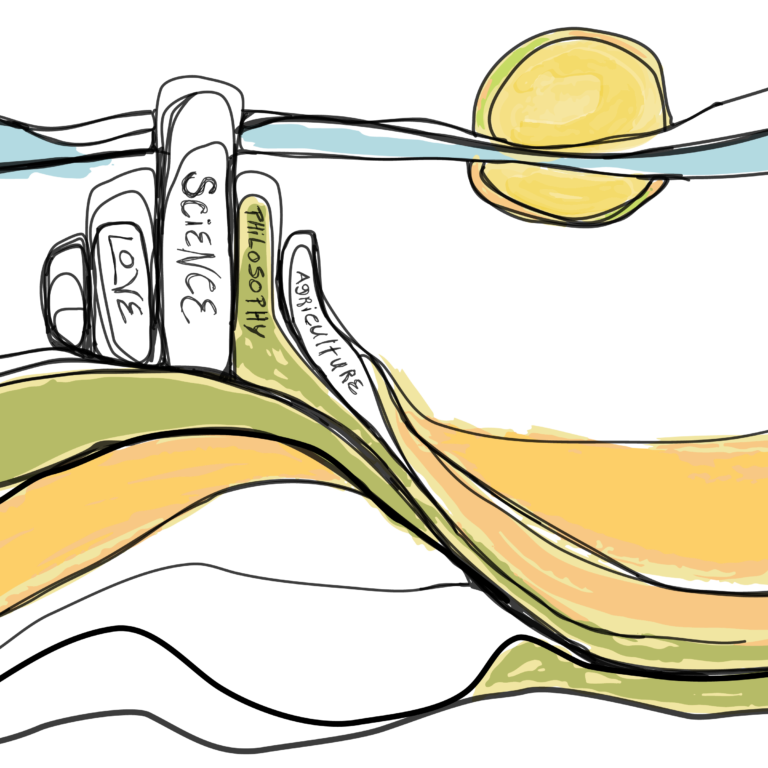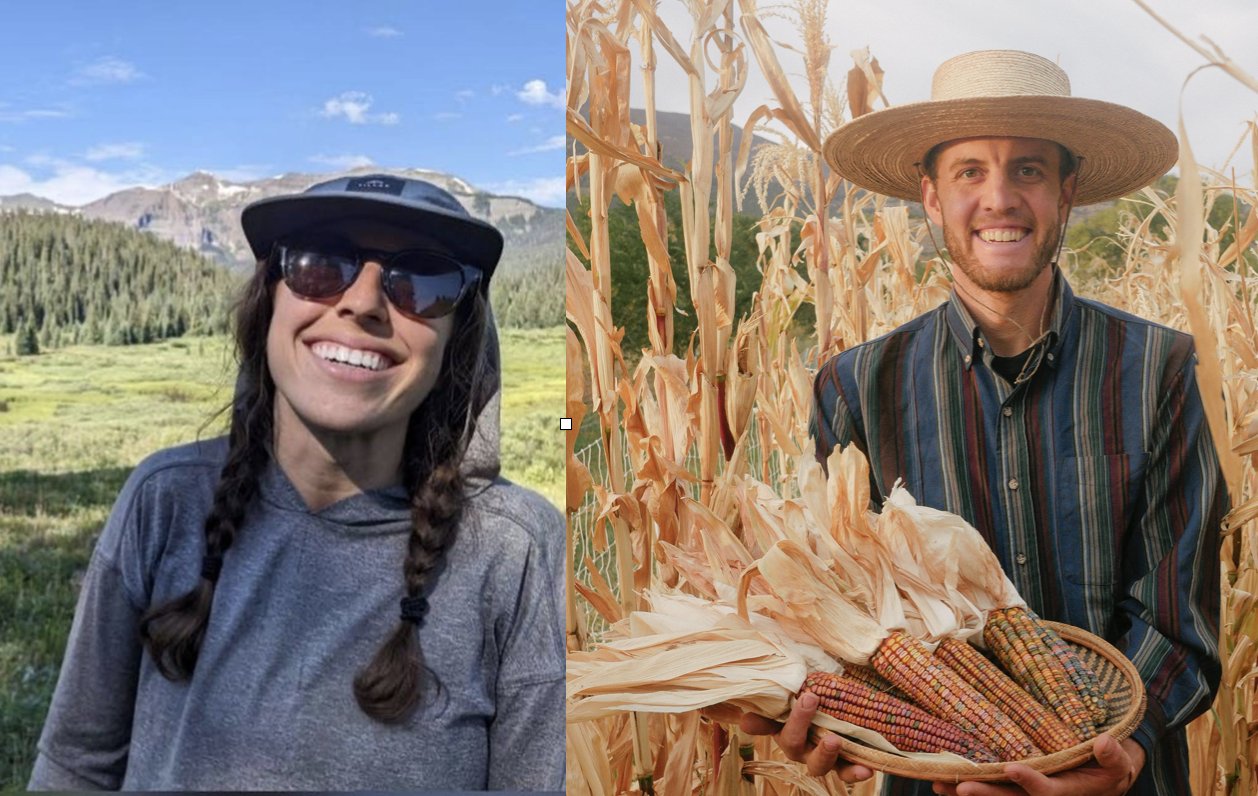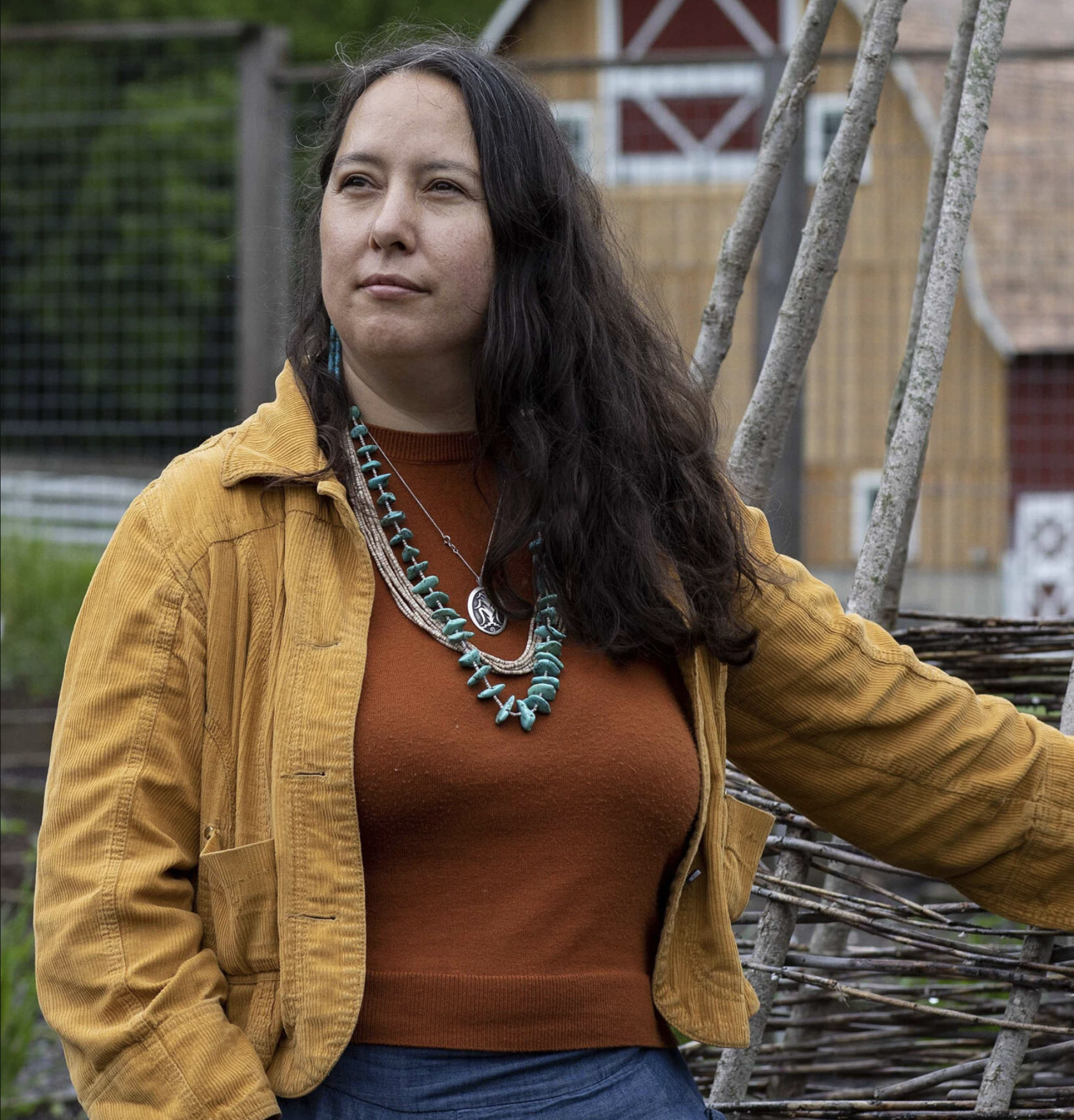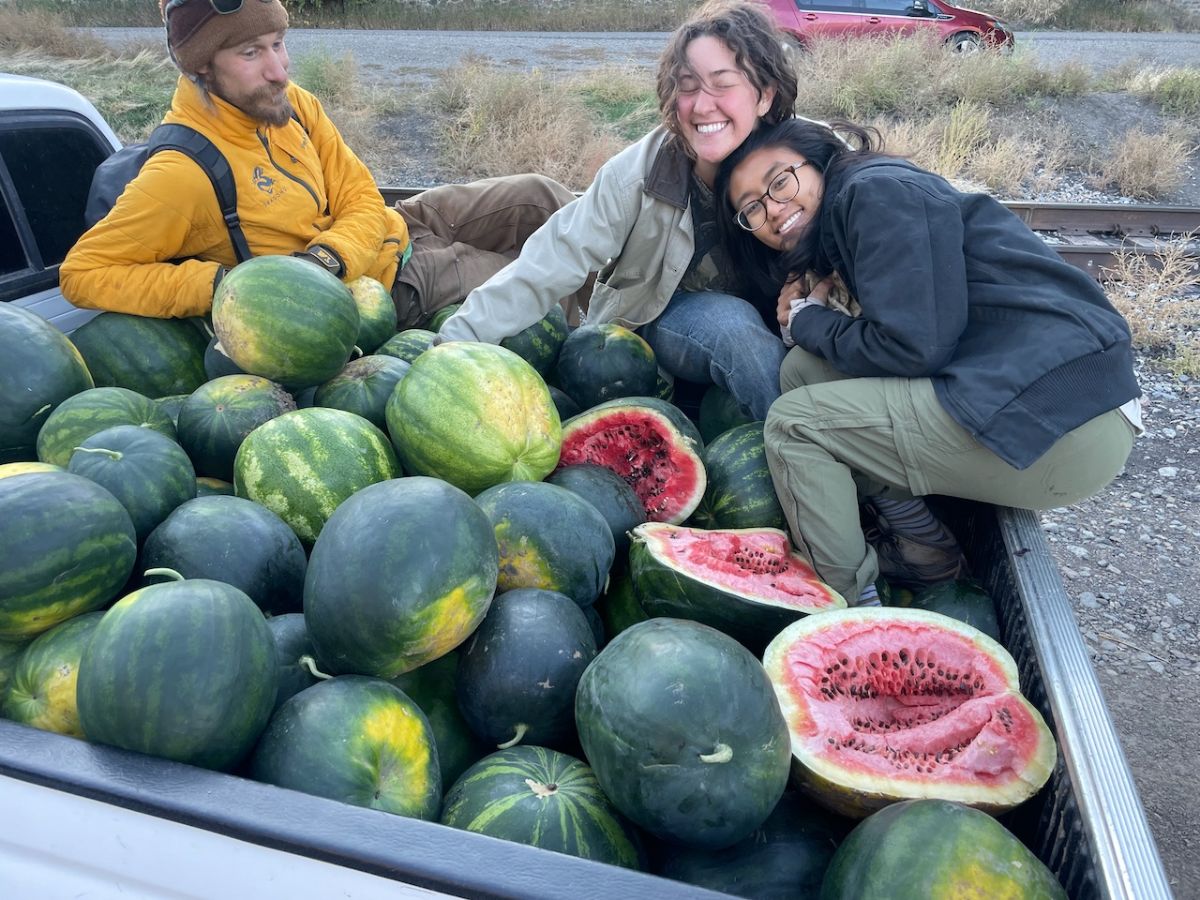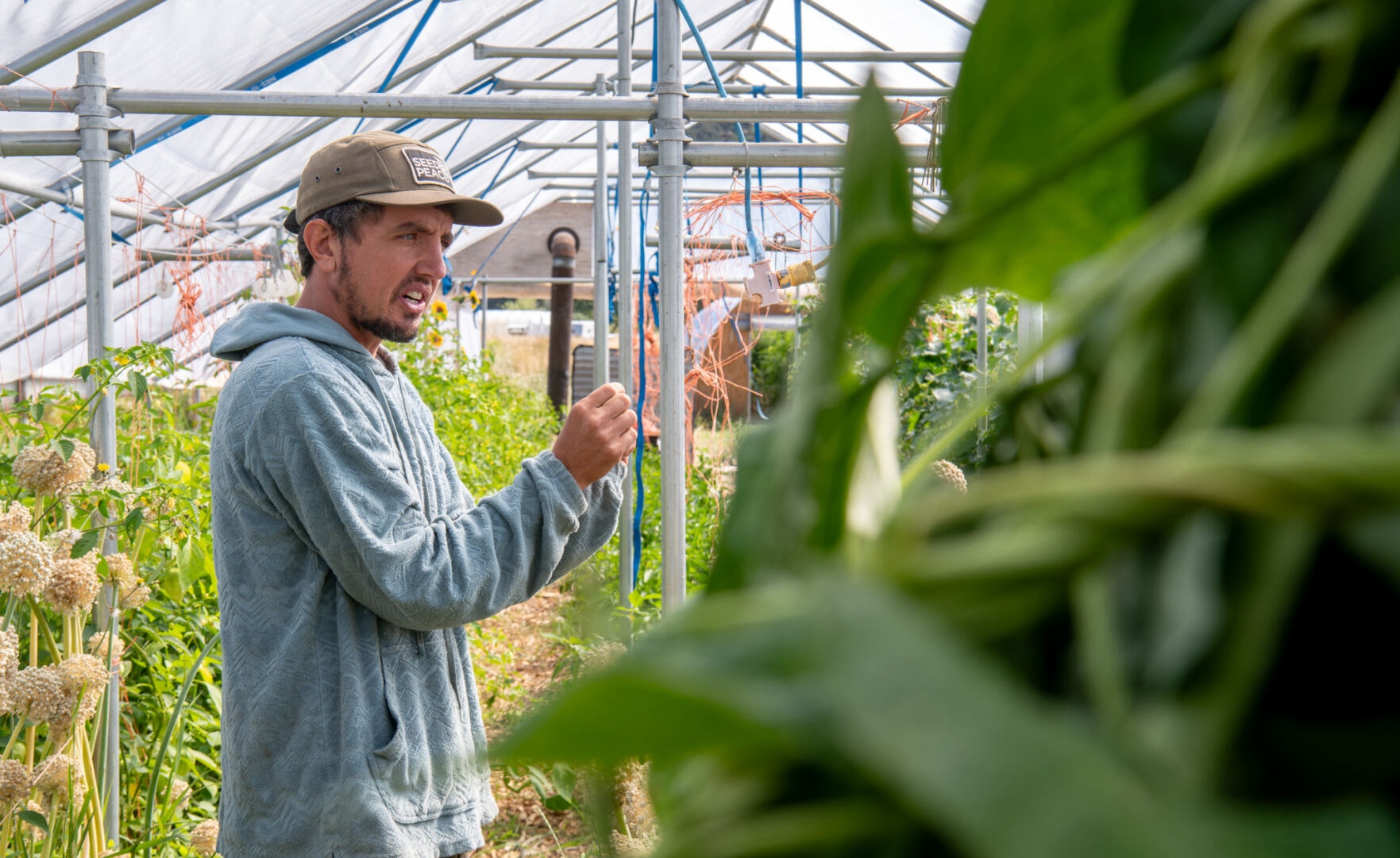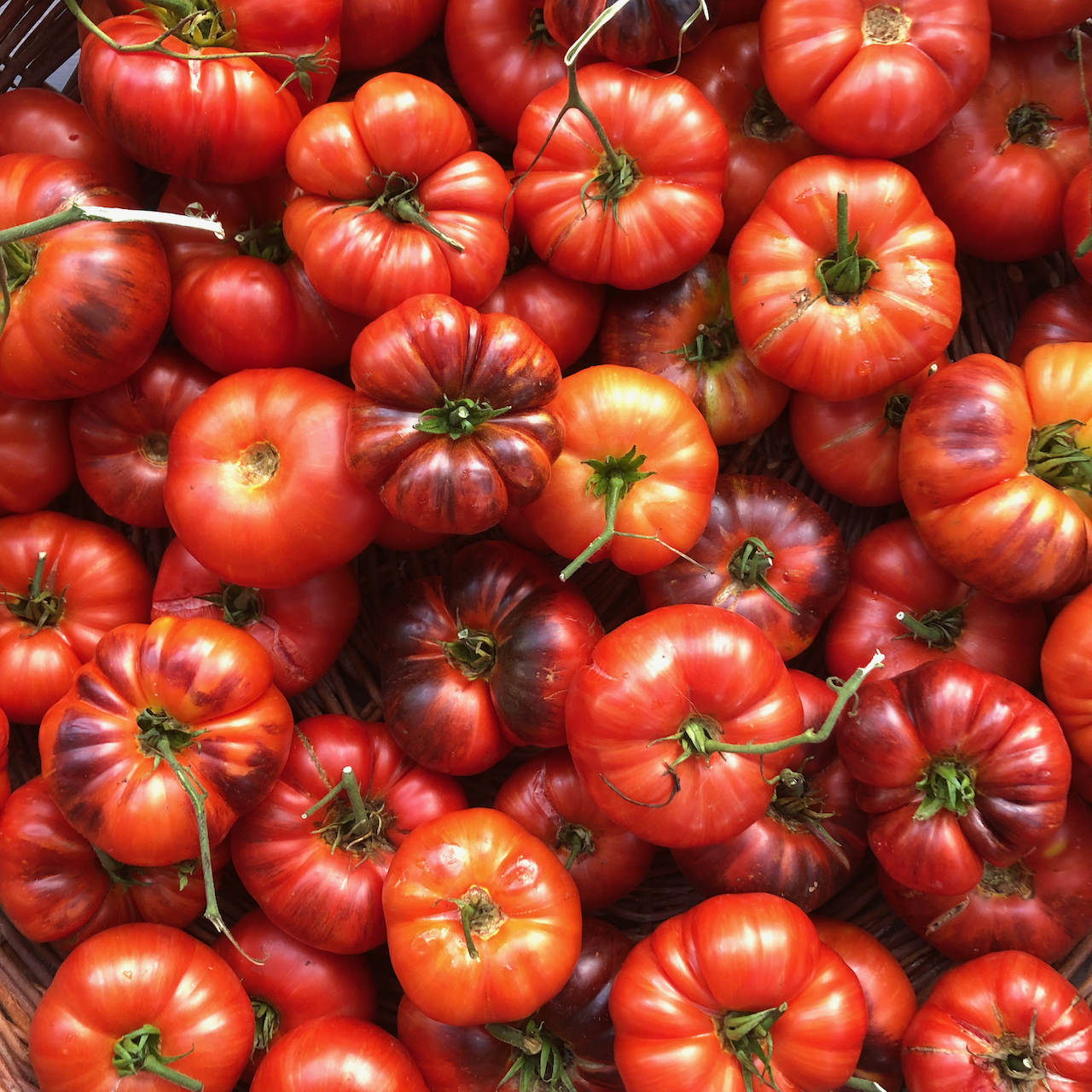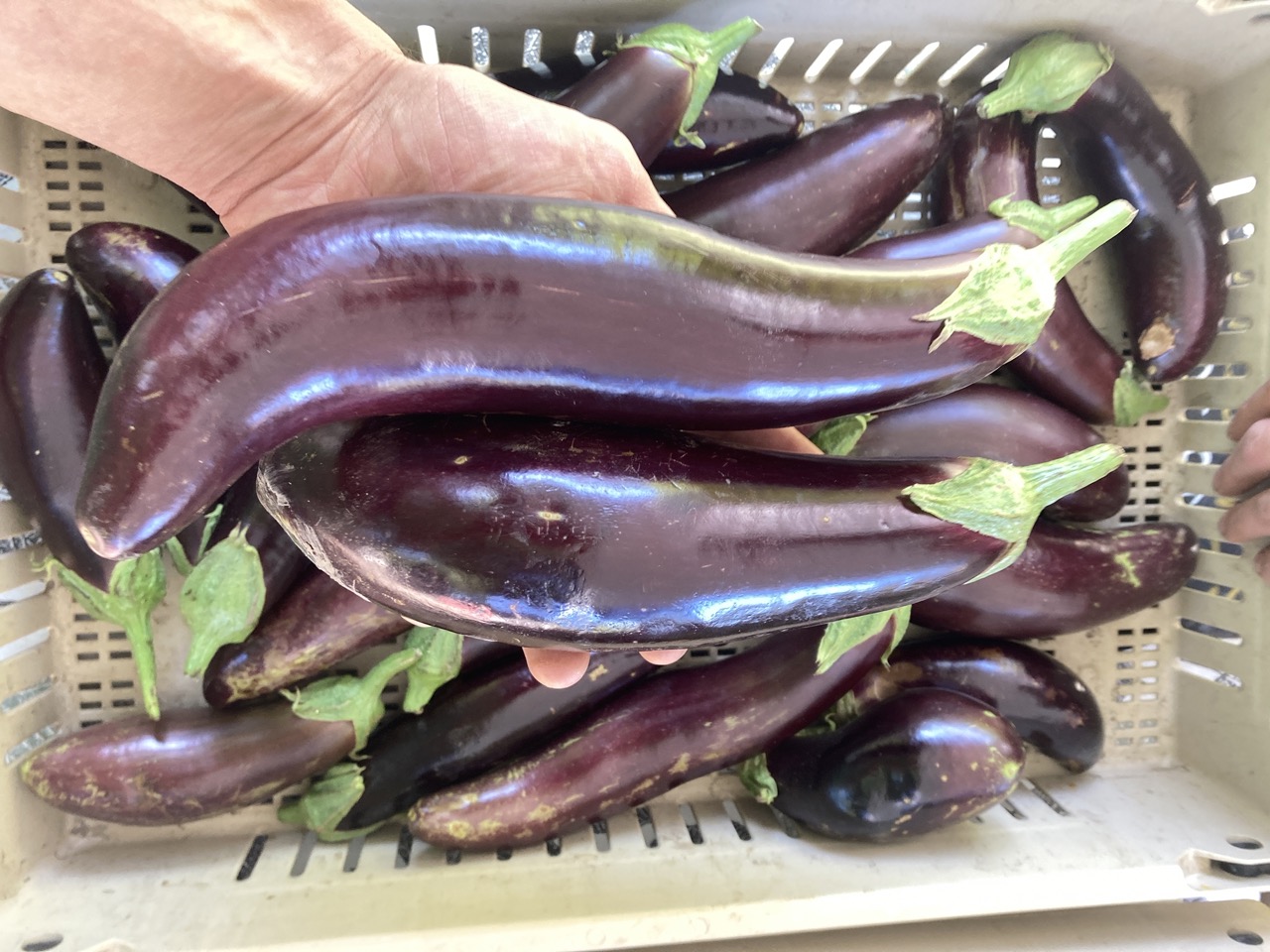Building A Local Seed Economy With Bill McDorman
I was first exposed to the world of seed saving through a film, Seed: The Untold Story. The film is so inspiring, and there was a character in the film who shone brightly with so much passion for seeds, talking about returning to winnowing seeds by hand, the way people have done for countless millennia. Later, I met and was mentored by this hero: Bill McDorman. Bill McDorman was a key part of developing our Food Systems Fellowship program. Jeff and Keshet brought a group […]
